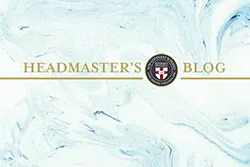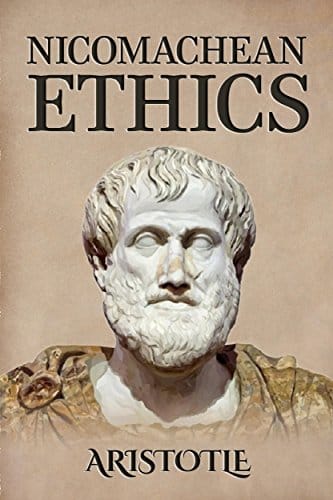We all want to be happy. Though we might try to hide this fact, or perhaps feel guilty of the desire, a good portion of our energies are dedicated to the pursuit of happiness. Those of us that are a little shy about it need only to look to the Declaration of Independence as justification for the pursuit. If we pause to reflect on this pursuit of happiness, we may be tempted to deem it as a modern urge. When we turn to classical philosophy, however, we find that ancient philosophers devoted themselves to the consideration of the subject.
What did they discover? What can they tell us about happiness—and more importantly can they tell us how, or where, to get it?
Before looking to them for answers, we have to narrow our search. There were many different schools of thought, which had different definitions of happiness and different methods for obtaining the “blissful state.” For our purposes, we turn to Aristotle, who wrote extensively on the topic.
First, we must understand that Aristotle considered happiness to be a normative issue. That is, it involves ethics, politics, and moral ends (The Nicomachean Ethics pg.3 ). Thus, happiness is connected to the way a person lives. Aristotle scrutinizes this way of life so as to discover what types of actions, performed at the appropriate times, and at the right measure lead—or orient—a person to happiness. Secondly, as implied above, Aristotle has an elevated view of happiness, ranking it as the good of a human being (The Nicomachean Ethics pg.3). According to Aristotle pursuing happiness is a natural human impulse, so we should strive to live the life that will bring about this end.
In order to understand what makes for happiness, Aristotle attempted to land on a definition. That makes sense: we need to know what we are after before searching for it. Sometimes when we want to know what a thing is, it is best to know what it is not. Aristotle proceeds in like manner. He disabuses us of any notion that happiness is identical to pleasure, honor, or wealth. All of these are impermanent. The pleasure of a large meal is followed by the misery of being stuffed. The honor given for success is lost at the moment of failure. Wealth earned and prudently invested is lost by an unfortunate change in the economy.
Aristotle is not saying that pleasure, wealth, and honor have nothing to do with happiness. He is modest in his claims, conceding that there are certainly desirable conditions that encourage the life that leads to happiness. The conditions and means, however, are not one and the same as happiness. The main reason that we go after pleasure, wealth, or honor is because we think that these will bring about the end of happiness (The Nicomachean Ethics pg.10). We are disappointed when they do not. A happy person, however, is best able to enjoy pleasure, wealth, and honor. All that Aristotle’s claim amounts to, then, is that the three are not identical to happiness.
So what is happiness? Aristotle’s answer to this might seem unclear at first. What he concludes after looking at the available options is that happiness is self-sufficient—an end in and of itself. Further, as we stated above, happiness is the good of a human being. We call it the “good life.” It is not so much a moment as a state of being that we achieve through a life well lived.
What is the life that leads to happiness? It is the virtuous life.
Aristotle analyzes a number of different virtues and their related vices, but the four cardinal virtues are arguably the most well-known and important. They are as follows: courage, temperance (moderation), prudence, and justice. Practicing these virtues makes our character virtuous. It changes what we like or dislike, what we prefer and avoid; and prepares us for happiness. Over time, the practice of virtue changes our nature. This nature is a happy nature. Consequently, the pursuit of happiness is the practice of virtue.
by Jacob Webb, Instructor of Latin & Logic





























